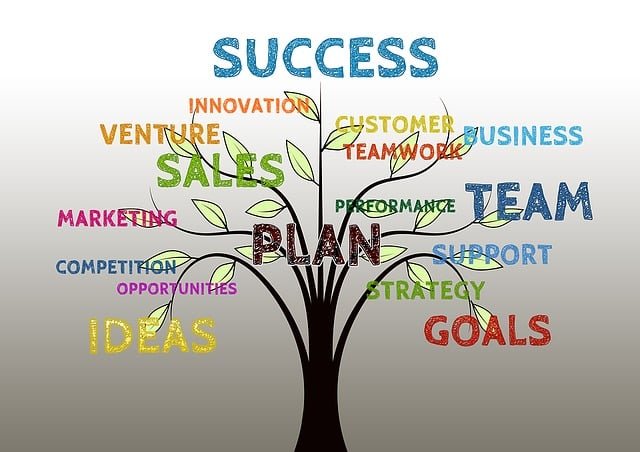Introduction:
In STEM (Science, Technology, Engineering, and Mathematics) education, project-based assessment offers a holistic approach to measuring student success by focusing on real-world applications, problem-solving skills, and collaborative learning experiences. Unlike traditional assessments that rely solely on standardized tests or exams, project-based assessment evaluates students’ abilities to apply knowledge, think critically, and communicate effectively in authentic contexts. In this article, we explore the significance of project-based assessment in STEM education and discuss strategies for measuring success in project-based learning environments.

Authentic Learning Experiences:
- Project-based assessment immerses students in authentic learning experiences that mirror the challenges and complexities of real-world scenarios. Through hands-on projects, simulations, and design challenges, students tackle open-ended problems, conduct experiments, and explore innovative solutions to address contemporary issues in STEM fields. By engaging in authentic tasks, students develop essential skills such as creativity, collaboration, communication, and problem-solving, which are highly valued in today’s workforce.
Multifaceted Evaluation Criteria:
- Unlike traditional assessments that focus primarily on memorization or rote learning, project-based assessment employs multifaceted evaluation criteria to assess students’ performance across various dimensions. Assessment criteria may include content knowledge, application of STEM concepts, research skills, data analysis, technical proficiency, creativity, presentation quality, teamwork, and project management. By considering multiple dimensions of student performance, project-based assessment provides a more comprehensive and nuanced understanding of students’ abilities and competencies.
Real-time Feedback and Reflection:
- Project-based assessment facilitates ongoing feedback and reflection throughout the learning process, allowing students to receive timely guidance, support, and encouragement from teachers, peers, and mentors. By providing constructive feedback and opportunities for self-assessment, students can identify strengths, areas for improvement, and strategies for growth. Reflection activities encourage metacognitive awareness, critical thinking, and deeper understanding of the connections between theory and practice in STEM disciplines.
Authentic Assessment Artifacts:
- In project-based assessment, students produce authentic artifacts that demonstrate their learning, creativity, and problem-solving abilities. These artifacts may include prototypes, models, research reports, presentations, digital media projects, code repositories, engineering designs, or scientific investigations. Authentic assessment artifacts provide tangible evidence of students’ achievements and enable them to showcase their work to authentic audiences, such as peers, educators, industry professionals, or community stakeholders.
Portfolio Assessment and Long-term Growth:
- Project-based assessment supports the development of student portfolios, which serve as comprehensive records of students’ achievements, growth, and progress over time. Portfolios showcase a range of student work, including completed projects, reflections, self-assessments, feedback, and evidence of mastery across multiple STEM domains. By compiling artifacts from various projects and experiences, portfolios provide a holistic view of students’ learning journeys and facilitate longitudinal assessment of their skills, competencies, and achievements.
Conclusion:
Project-based assessment offers a dynamic and authentic approach to measuring success in STEM education by emphasizing real-world applications, interdisciplinary skills, and collaborative problem-solving. By engaging students in hands-on projects, providing multifaceted evaluation criteria, offering real-time feedback and reflection opportunities, generating authentic assessment artifacts, and supporting portfolio assessment, educators can effectively measure and promote student success in STEM learning environments. Through project-based assessment, students develop the knowledge, skills, and dispositions needed to thrive in the 21st-century workforce and contribute to solving complex global challenges.



